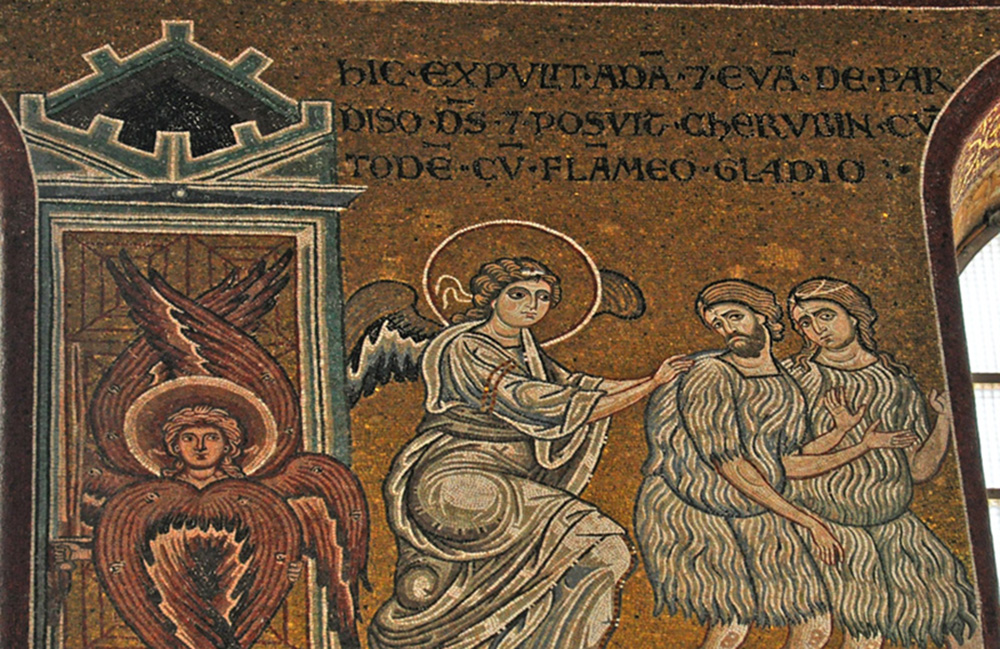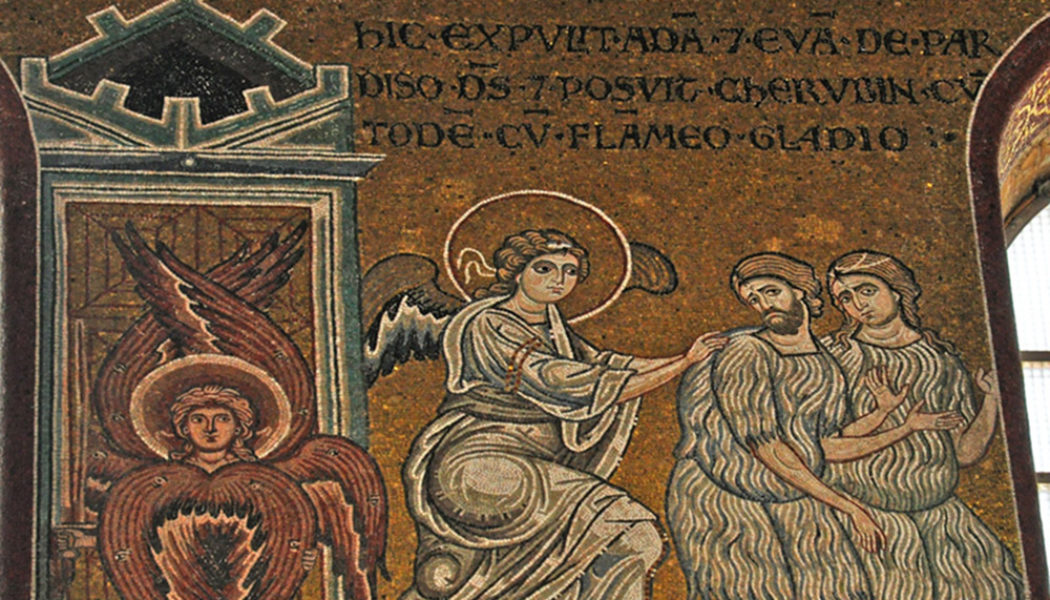
Faith does not depend upon our own reasonings and feelings. It responds to the revelation of God, which exceeds all of our own capacities. On our own, we could not know God and could have no certainty of supernatural realities. This includes our happiness, which is not found in the realization of any earthly good; it is found in God himself, transcending every finite thing, including our own selves. Faith draws us to salvation by opening our minds and our whole being to God and his will for us, enabling us to partake even of the divine nature.
Today, however, we often hear that the Church’s teachings are unpopular. Rather than conforming to the will of our maker, we would like to think that we know better. We seek our fulfillment in ourselves and not only excuse our sins, but even affirm them as good. If we rely on our own opinions, however, we do not have faith, as we are left merely with our own thoughts and directions. How do Christians respond to this limited vision of life? If we oppose it, we are seen as bigots, and are left more and more isolated from the flow of culture. If we affirm the world’s values, we lose our countercultural witness of the transcendent good, turning away from the mission of evangelization that God has given the Church.
As an attempted solution, a false development of doctrine has been proposed in which the Church’s timeless teaching could be altered, if not in doctrinal expression, at least through the permission of conscience. Because people cannot accept the Church’s teaching on sexuality, this position contends that we allow them to decide for themselves what is right and wrong in each circumstance. To accept this kind of thinking only leaves people on the way of death and obscures the invitation into the way of life. In contrast, St. Paul tells his disciple Timothy, rather, to “preach the word, be urgent in season and out of season, convince, rebuke, and exhort, be unfailing in patience and in teaching. For the time is coming when people will not endure sound teaching, but having itching ears they will accumulate for themselves teachers to suit their own likings, and will turn away from listening to the truth” (2 Timothy 4:2-4). Popular opinion and receptivity don’t form the basis of doctrine. Undoubtedly, the Church faces a difficult, though necessary task in sharing the good news of human sexuality to an increasingly hostile audience.
Father Benedict Ashley (1915-2013), a Dominican friar and theologian, models the way forward for moral theology, unafraid to engage science and culture, while also remaining faithful to the truth of Christ. Within a newly released collection of powerful essays, The Dialogue between Tradition and History: Essays on the Foundations of Catholic Moral Theology (NCBC, 2022), he calls for moral theology to “be (1) rooted in the concrete moral teaching and example of Christ as found in the Scriptures read in light of Tradition; (2) scholarly and critical, yet conformed to the teaching of the Magisterium as normative; (3) consistently teleological, free of voluntarism and legalism; (4) free of the idealistic dichotomy between the transcendental and the categorical; (5) not merely a theology of decision making but also one transformation by the virtues; (6) critically assimilative of the great resources of modern history and the sciences; and finally (7) especially sensitive to the problem of the ‘morality gap’ between subjective and objective morality” (104). This approach does not back down from the truth, even as it looks for a deeper engagement with modern culture.
Rather than caving before this morality gap, St. John Paul II uncovered how the subjective dimensions of human sexuality find their objective fulfillment precisely in the order of human nature, which reflects its Creator. His Theology of the Body demonstrates what a true development of doctrine looks like. Although the Church has always taught the intrinsic evil of contraception, John Paul helped the Church to see the “why.” Rather than simply repeating the prohibition, he unveiled the true meaning of sexuality within the sacrificial gift of self, at once unitive and fruitful. John Paul shows us that the way forward does not entail a choice between conforming to culture and following the Church’s teaching but entails unlocking the deepest dimensions of human freedom, accessible only in truth and charity.
The development of doctrine never reverses course in an opposite direction, contending that while we used to believe “x,” we now believe “y.” It accepts the reality of truth, both from our reflection on the natural law and our obedience to divine revelation, growing in understanding, drawing out more deeply its implications, making connections to other elements of the truth and helping the faithful to live its freeing demands more completely. Watering down the truth or avoiding it will not lead anyone to life. Only in accepting the truth of God’s creation and revelation can we come to a true realization of our freedom and happiness.
Join Our Telegram Group : Salvation & Prosperity








